Novels for Chemists: Exploring Chemistry Through Fiction and Narrative
Chemistry-themed novels offer a unique blend of science and storytelling. They appeal to chemists and enthusiasts by weaving chemical concepts, history, and characters into engaging narratives. From autobiographical tales to mysteries and science fiction, the genre explores chemistry’s impact on life and society in diverse styles.
Fiction Novels Centered on Chemistry
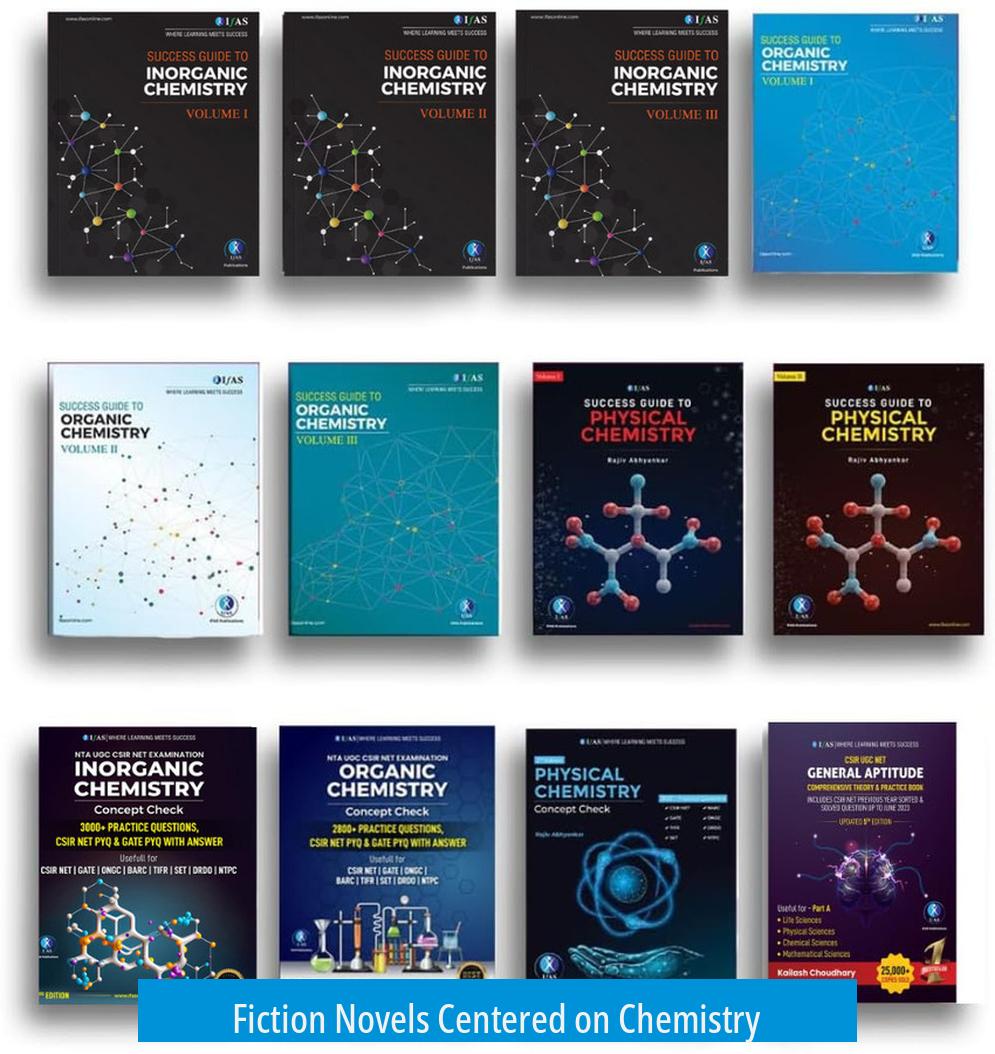
Many novels either directly address chemistry or embed chemical themes within their plots. Some are deeply autobiographical, while others highlight scientific puzzles or the human context of chemists’ lives.
The Periodic Table by Primo Levi
This is a collection of short stories, each linked to an element from the Periodic Table. Levi, a chemist himself, combines personal memories with chemical symbolism. The book blends memoir with literature, reflecting on the relationship between chemistry and human experience. Levi’s elegant prose makes complex ideas accessible.
- Combines autobiographical stories with chemical concepts.
- Uses elements as metaphors for aspects of life.
- Recommended for those appreciating the poetic side of chemistry.
Lessons in Chemistry by Bonnie Garmus
This novel features a strong female protagonist navigating the challenges of working in a male-dominated chemistry field in the 1960s. Though the plot centers more on social issues than chemical theory, it incorporates genuine chemistry references, particularly relating to cooking.
- Explores women’s roles in science.
- Includes practical chemistry linked to everyday life.
- Engages readers through social and scientific themes.
PIKHAL and TIKHAL by Alexander and Ann Shulgin
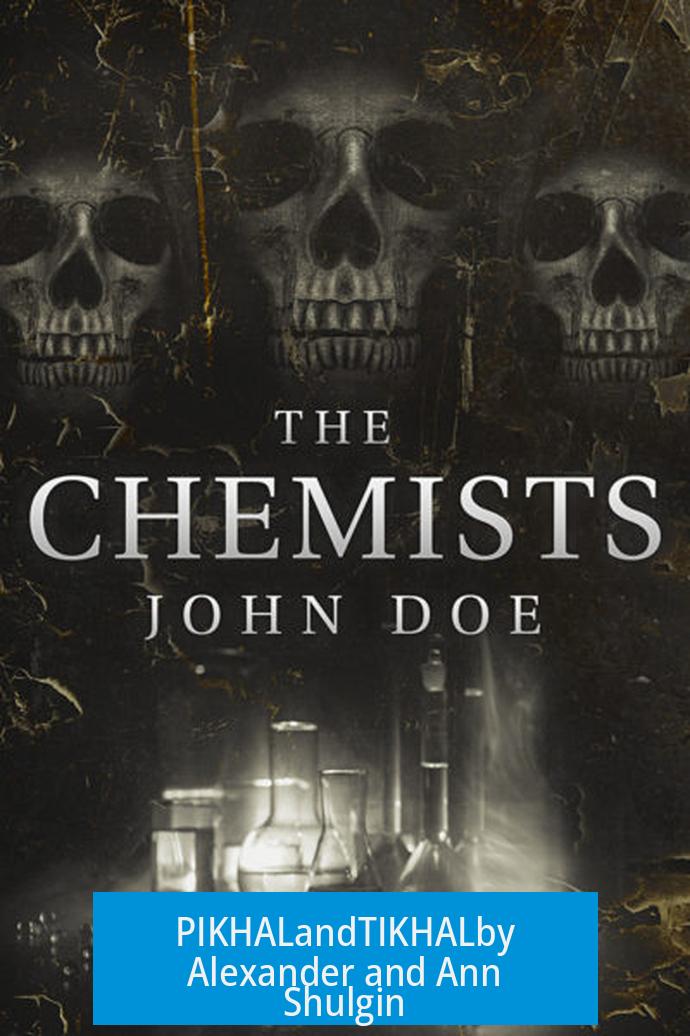
These books offer a unique mix of fiction and scientific data. While the narrative is fictional and focuses on psychedelic experiences, the books provide extensive chemical syntheses of various compounds in their later sections. This combination appeals to chemists fascinated by organic chemistry and novel substances.
- Blends fictional storytelling with detailed synthetic chemistry.
- Valuable for chemists interested in psychoactive compound chemistry.
- Primarily nonfiction instructions combined with narrative context.
The Gods Themselves by Isaac Asimov
Asimov, a trained chemist, crafted this science fiction novel featuring imaginative scientific concepts. It includes hypothetical isotopes and energy sources grounded in chemistry and physics. While speculative, Asimov’s detailed world-building reflects scientific thought processes.
- Science fiction with credible chemistry premises.
- Explores themes of scientific ethics and discovery.
- Appeals to readers who enjoy speculative scientific storytelling.
Cat’s Cradle by Kurt Vonnegut
This satirical novel incorporates scientific themes, including a fictional substance with chemical properties. While chemistry is not its main focus, it critiques the role of science and technology in society through humor and irony.
Sweetness at the Bottom of the Pie by Alan Bradley
This mystery series stars Flavia DeLuce, a young girl with an expert knowledge of chemistry and poisons. The books mix the charm of a quaint English village with scientific intrigue, perfect for chemists who enjoy detective fiction.
- Integrates chemistry and toxicology into crime-solving.
- Series spans ten books for long-term engagement.
- Combines scientific curiosity with literary mystery.
Project Hail Mary and The Martian by Andy Weir
Weir’s novels feature protagonists solving life-threatening problems using scientific principles, including chemistry. The Martian’s focus on resourcefulness and Project Hail Mary’s speculative chemistry and biology aspects give a realistic feel to science fiction.
- Detailed, plausible scientific problem-solving.
- Accessible to both chemists and general audiences.
- Highlights practical chemistry applications.
Other Notable Fiction
- Cantor’s Dilemma by Carl Djerassi – A novel reflecting scientific culture and ethics.
- Quantum Zero by Roger Hunter – Scientific fiction recommended for chemists.
- A Rose For Paracelsus by William Leonard Pickard – Involves chemistry themes.
- The Death Dealers by Isaac Asimov – A mystery set in a chemistry department.
- Das Parfum (The Perfume) by Patrick Süskind – Centers on the chemistry of scent and perfume making.
- Roald Dahl’s short story Bitch – Features poison-related themes.
Non-Fiction Narrative Books for Chemists
Besides novels, many chemistry-related narrative nonfiction books enrich a chemist’s literary experience. These works often read like stories but are grounded in real science and history.
My Uncle Tungsten by Oliver Sacks
This memoir explores Sacks’ childhood fascination with chemistry. It blends personal narrative with detailed descriptions of chemical elements and early experiments, revealing the wonder of discovery.
Ignition! by John D. Clark
Written as an engaging story, Ignition! shows chemical engineering and pyrotechnics behind rocket propellants. It balances technical detail with humor and anecdote, making it appealing to chemists and curious readers alike.
Other Recommended Nonfiction
- The Scientific Method by Louis F. Fieser – Discusses methodologies important in chemical research.
- The Green Flame by Andrew Dequasie – A narrative exploring chemical science.
- The Poisoner’s Handbook by Deborah Blum – Chronicles the development of forensic toxicology through chemistry.
- Surely You’re Joking, Mr. Feynman by Richard Feynman – Anecdotal memoir by a physicist with scientific creativity relevant to chemists.
Chemistry in Other Media
Television and drama also provide chemistry-rich stories worth attention.
Copenhagen (Play)
This play dramatizes a historical meeting between physicists Bohr and Heisenberg and delves into ethical and scientific dilemmas. It includes a detailed appendix exploring real interactions, making it intellectually stimulating for chemists.
Breaking Bad (TV Series)
While not a novel, this TV series is notable for its realistic focus on chemistry, particularly in illicit drug synthesis. It combines drama with chemical science, sparking broad interest in chemistry’s applications and risks.
Considerations on Chemistry in Fiction
Fiction generally aims to entertain rather than provide in-depth scientific teaching. As a result, chemistry is often simplified or used thematically to support storylines. Readers looking for technical depth might prefer nonfiction or certain hybrid works like PIKHAL.
The engagement level for chemists can vary depending on how authors balance scientific accuracy and narrative pace.
Summary: Key Takeaways for Chemists Seeking Novels
- The Periodic Table by Primo Levi elegantly blends autobiographical stories with chemical elements.
- Lessons in Chemistry by Bonnie Garmus combines gender issues in science with practical chemistry.
- PIKHAL and TIKHAL mix fictional narrative with detailed chemical syntheses.
- Science fiction by Isaac Asimov and Andy Weir integrates plausible chemistry, suitable for technical-minded readers.
- Alan Bradley’s mysteries offer chemistry-infused crime stories with a youthful protagonist.
- Nonfiction narratives like Ignition! and My Uncle Tungsten provide entertaining chemistry insights.
- Other media such as plays and TV shows deepen cultural and ethical perspectives on chemistry.
Chemists seeking novels will find a varied landscape. Options range from literary memoirs and mysteries to speculative fiction and educational nonfiction. Choosing the right works depends on preferences for technical detail, narrative style, and thematic focus.
What novels blend chemistry with autobiographical stories?
The Periodic Table by Primo Levi is a key example. It features short stories tied to chemical elements and includes autobiographical elements.
Are there novels addressing women’s experiences in chemistry?
Lessons in Chemistry by Bonnie Garmus highlights challenges faced by women in the field. It weaves chemistry with social themes.
Which fiction includes detailed chemical synthesis?
PIKHAL and TIKHAL by Alexander and Ann Shulgin have sections with extensive chemical syntheses alongside narrative.
Can chemists enjoy science-based mysteries?
Yes, the Flavia DeLuce series by Alan Bradley centers on a young chemist solving crimes using chemistry and poisons.
Which novels incorporate real technical science in their plots?
Andy Weir’s The Martian and Project Hail Mary include accurate scientific problem-solving that appeals to chemists.
Are there fiction works focused on the chemistry of scent or perfume?
Das Parfum by Patrick Süskind tells the story of a perfumer and explores the chemistry behind fragrance creation.


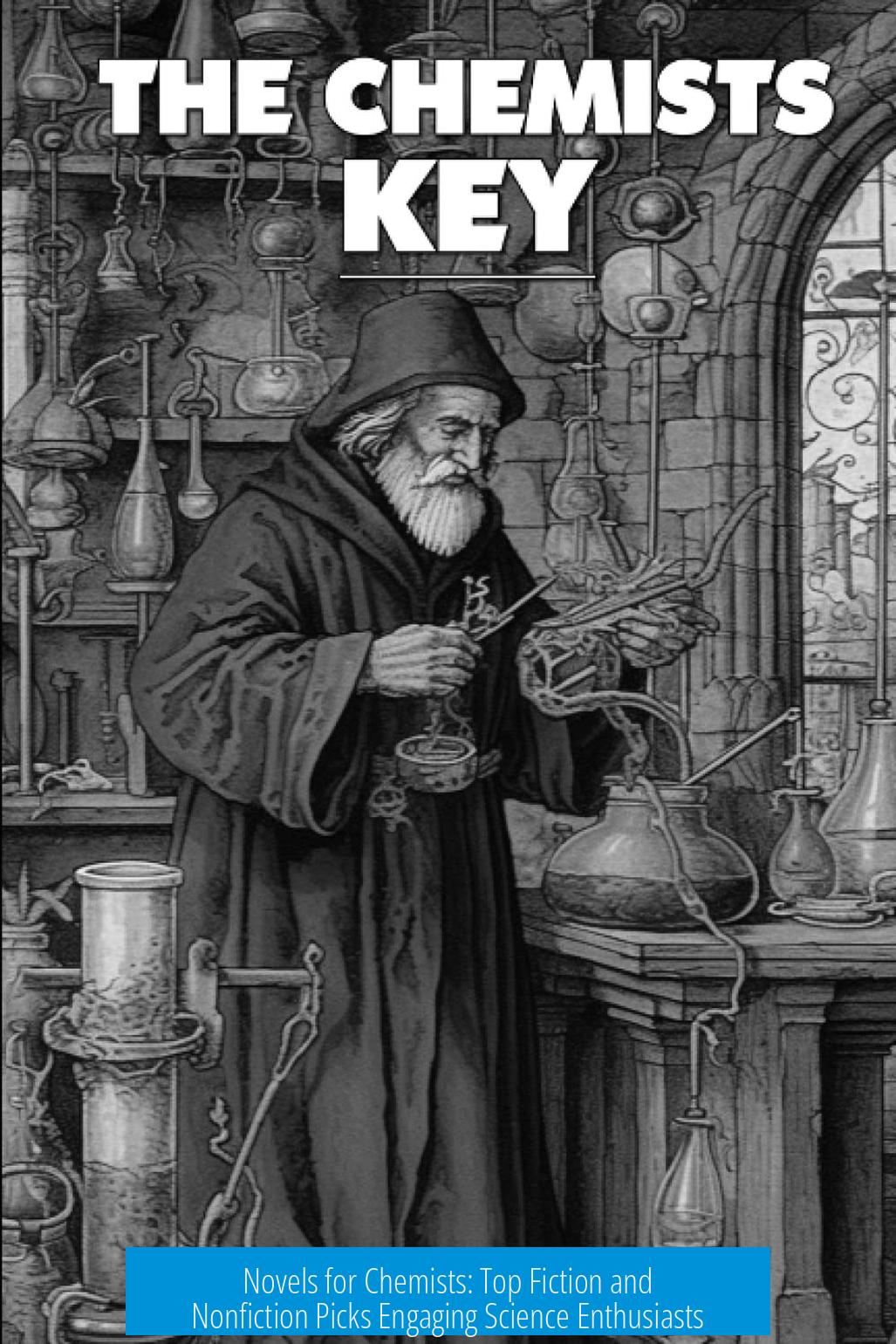
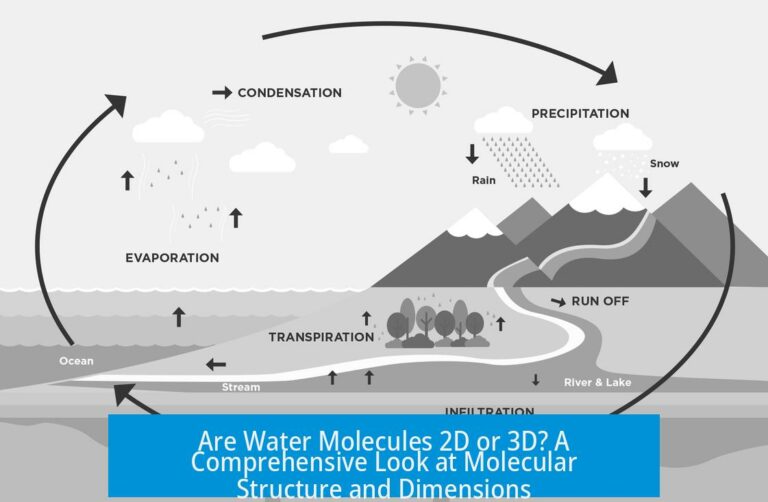
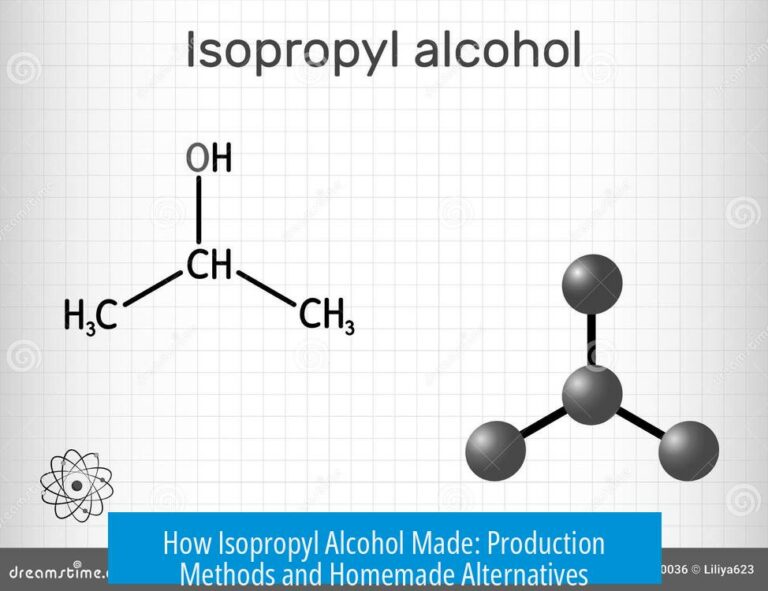
Leave a Comment